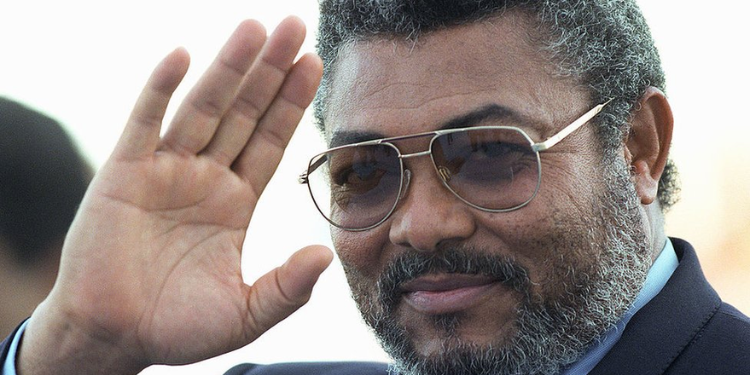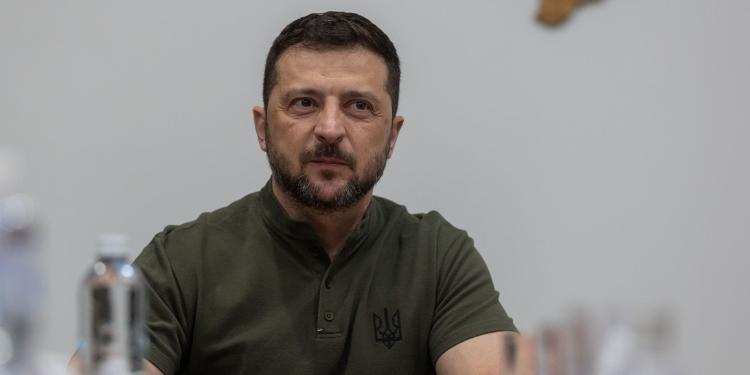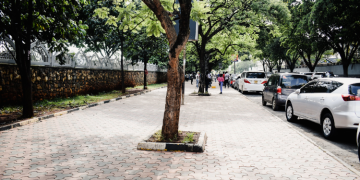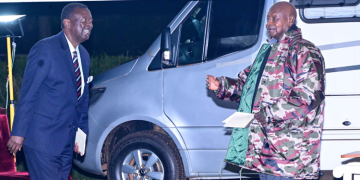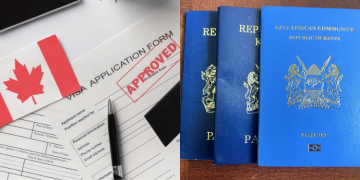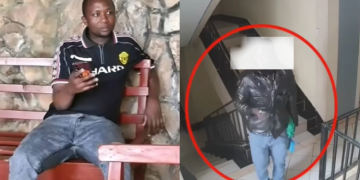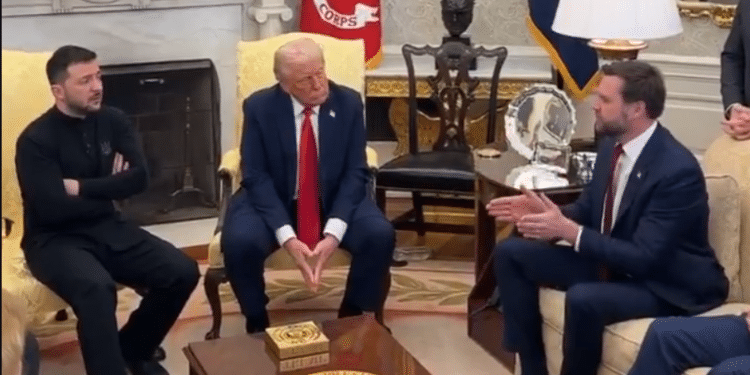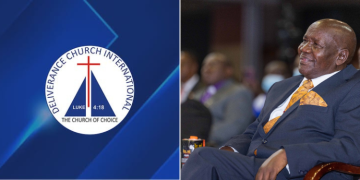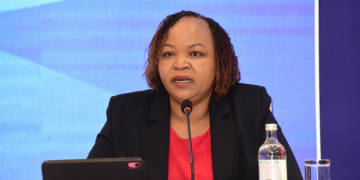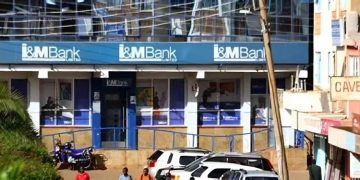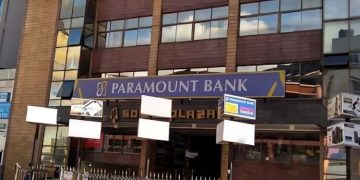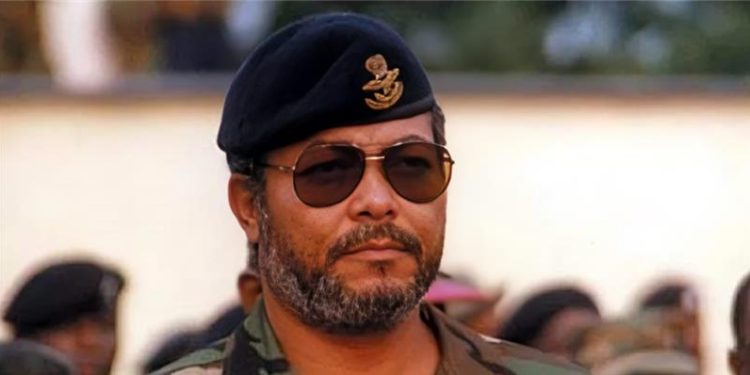On December 31, 1981, Jerry Rawlings led a military coup in Ghana, overthrowing President Hilla Limann and the People’s National Party (PNP).
This marked the beginning of Rawlings’ long-term leadership and the establishment of the Provisional National Defence Council (PNDC), which suspended the 1979 constitution, dissolved parliament, and banned political parties.
Rawlings claimed the coup was necessary due to corruption, poor economic management, and the civilian government’s failure to help ordinary Ghanaians. Limann was elected in 1979 as Ghana moved back to civilian rule, following a brief military rule led by Rawlings.
Before Limann’s presidency, Rawlings had attempted a coup on May 15, 1979, against the Supreme Military Council led by General Fred Akuffo, who had taken power in 1975.
At that time, Rawlings was a young Flight Lieutenant in the Ghana Air Force and was arrested with other junior officers.
Jerry Rawlings Overthrows Ghana’s President Hilla Limann
However, on June 4, 1979, those soldiers who were allied to him freed him from prison, and he led a successful coup that overthrew Akuffo.
Rawlings and the AFRC ruled for three months. During this time, they executed military officials and focused on anti-corruption reforms.
On September 24, 1979, they handed power to Hilla Limann after elections. However, Rawlings became frustrated with Limann’s leadership and his slow reforms, leading to Rawlings’ second coup on December 31, 1981.
As head of the PNDC, Rawlings promoted a “people’s revolution,” which stressed on anti-corruption, economic change, and social justice.
Also Read: Today in History: Thomas Sankara Dies After Being Shot Multiple Times
He established People’s Defence Committees (PDCs) and Workers’ Defence Committees (WDCs) to involve citizens in governance and keep watch against corruption.
While these efforts gained support from the working class and junior military ranks, they sometimes led to abuses of power.
Rawlings initially embraced socialist ideas and gained support from countries like Libya and Cuba. But by 1983, after facing economic challenges, Rawlings shifted toward market reforms, pressured by the IMF and World Bank.
His Economic Recovery Programme (ERP) included currency devaluation, privatization, and austerity measures. These reforms stabilized the economy, increased cocoa exports, and attracted foreign investment, but also resulted in job losses, rising prices, and public discontent.
Rawlings Becomes Ghana’s President
As international pressure for democratization grew, Rawlings started preparing for political reforms in Ghana.
In 1990, the PNDC announced plans to return to civilian rule. A new constitution was drafted in 1991, and multi-party elections were held in 1992. Rawlings formed the National Democratic Congress (NDC) and ran for president as a civilian.
Also Read: Today in History: When Raila Odinga Asked Supporters to March to State House
He won the election, despite opposition claims of electoral fraud, and the NDC secured a majority in parliament.
On January 7, 1993, Rawlings became Ghana’s first president under the Fourth Republic. He was later re-elected.
In 2001, after two terms, Rawlings peacefully transferred power to opposition leader John Agyekum Kufuor of the New Patriotic Party (NPP).
Jerry Rawlings passed away on November 12, 2020, at age 73, after a short illness in Korle-Bu Teaching Hospital in Accra.
Follow our WhatsApp Channel and X Account for real-time news updates.
